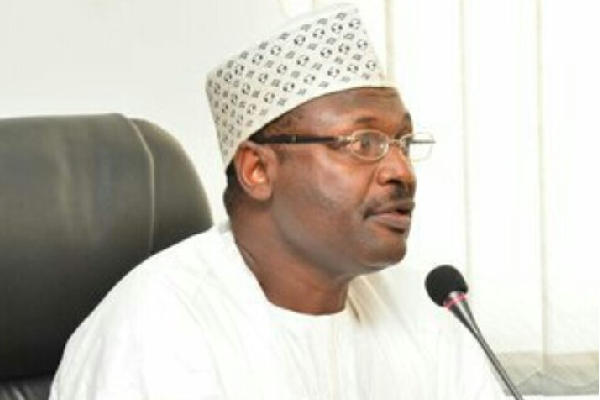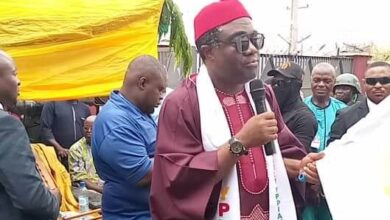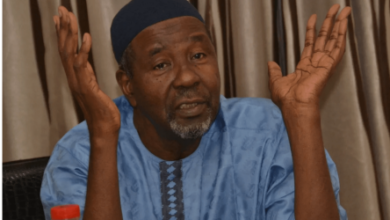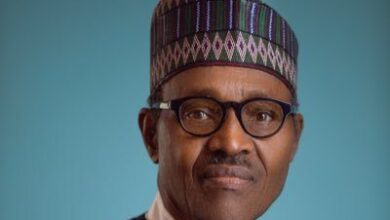INEC Chairman advocates sustained electoral reforms at strategic retreat

Professor Mahmood Yakubu, Chairman of Nigeria’s electoral body INEC, has urged continuous improvements to electoral laws during a key policy retreat in Abuja. Speaking at the two-day event, he emphasized the need to address emerging voting system challenges through collaborative reforms.
The retreat brings together National Assembly members, electoral commissioners, development partners, and other stakeholders to strengthen Nigeria’s democracy. Participants aim to resolve persistent election management issues while enhancing process credibility through comprehensive legal reviews.
Yakubu recalled how similar 2020 consultations produced landmark changes like the Electoral Act 2022. That reform introduced critical innovations including extended election timelines and domestic production of voting materials – achievements that significantly improved 2023 elections.

Notably, the amended 180-day preparation period between primaries and elections solved chronic logistical problems that previously caused postponements. Additionally, local printing of sensitive materials marked a historic shift from foreign dependence, earning praise from printing professionals nationwide.
However, the INEC chief identified unresolved challenges requiring urgent attention. These include strengthening legal backing for technology like electronic voting, reducing election-related lawsuits through clearer regulations, and implementing past reform panel recommendations.
Yakubu explained that retreat settings allow deeper engagement than parliamentary hearings, giving lawmakers firsthand understanding of electoral administration hurdles. He particularly highlighted how such interactions previously enabled breakthrough reforms that standard meetings couldn’t achieve.
The chairman also acknowledged international partners’ support in advancing electoral integrity, while stressing Nigeria’s ownership of its democratic processes. As discussions continue, INEC plans to share practical field experiences to guide constitutional and electoral act amendments.
Key focus areas include enhancing result transmission systems, expanding voter access, and preventing electoral violence. These measures aim to build public confidence while addressing grievances that often lead to post-election disputes.
With future elections approaching, Yakubu emphasized that incremental improvements matter more than sweeping changes. He urged participants to prioritize implementable solutions over theoretical proposals during policy deliberations.
The retreat’s second day will feature specialized sessions on technology integration, litigation reduction, and stakeholder management strategies. Organizers expect these discussions to yield concrete recommendations for electoral framework enhancements.
Ultimately, these efforts seek to consolidate Nigeria’s democratic gains while addressing systemic weaknesses. As Yakubu noted, sustained reforms remain crucial for maintaining election credibility and national stability in Africa’s most populous democracy.
Observers highlight that successful implementation requires cooperation across government branches and civil society. The current initiative demonstrates INEC’s commitment to participatory reform – a model that could inspire other African nations facing similar electoral challenges.
Post Views: 5





